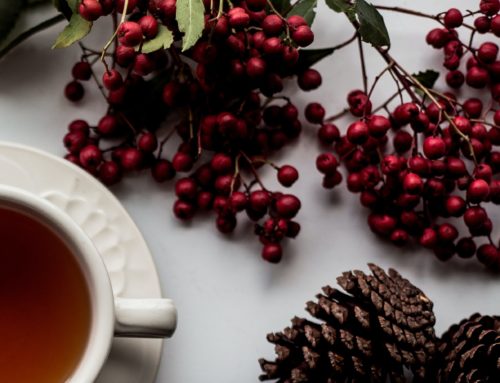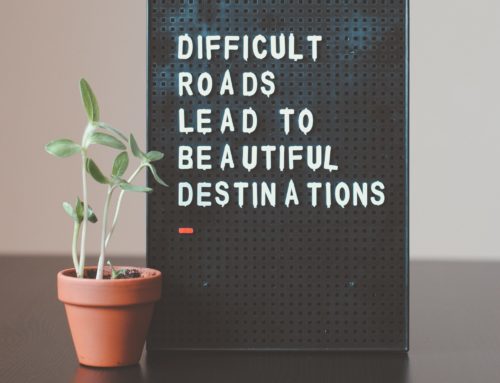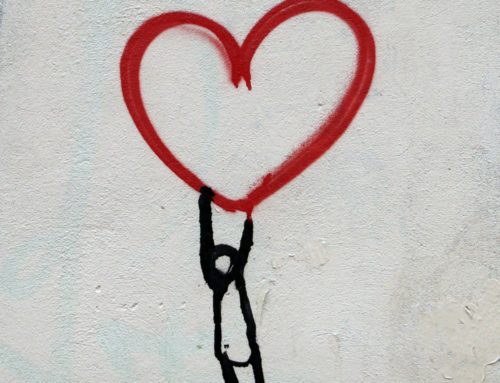Relapse Happens.
Getting off of drugs and alcohol is generally a lot easier than staying off drugs and alcohol. Reputable detox programs do a fabulous job of helping people safely and comfortably get through the harsh withdrawal symptoms. The real challenge begins when it’s time to dig deep and do the work necessary to maintain sobriety. There is good news; the hard work is worth it in the long run and the benefits/gifts far outweigh the sacrifices and struggles.
What does happen when a person relapses? What leads to relapse? Did it really “just happen”? In short, no! Relapse does not just happen. Relapse into active drinking or drug use is a process; it’s not a spontaneous event. There are just as many rationales for relapsing as there are stars in the sky. The process of relapse is very different from person to person.
Relapse is a process and looking back at the signs that lead to the slip or relapse can be very telling and useful. This is not a journey to be taken alone, though. An understanding support system will be the greatest asset in helping you identify the process that lead to the relapse.
Your support people can also be a balancing voice in helping you keep the emotional shame and guilt at bay so that you don’t give up and give in to defeat. You can get back on the path to recovery. In fact, a relapse does not mean you left your recovery. Relapse is part of getting sober and staying that way.
6 THINGS TO DO AFTER RELAPSE:
Tell Someone.
Don’t hide it. Honesty is the heart and essence of sobriety. Be willing to admit the relapse to family, friends, and support group(s) such as a 12-step group of which you may be a member.
Process It.
Process the events and triggers leading up to your recent use with your sponsor, mentor, coach, or other recovery support person. A relapse does not mean the end of your recovery. In fact, it can bring new research and information to help you understand your particular needs and aspects which must be kept in mind in order for you to have a solid sobriety.
Relapse Is A Part Of Recovery.
Do not camp out in the “Guilt and Shame Motel.” Relapse is about your disease. All chronic diseases, such as diabetes, cancer, heart disease, and substance abuse are characterized by a progression towards wellness that is not steady. Rather, the disease can go in and out of remission multiple times before stability occurs. Cancer patients, for example, may need multiple courses of chemotherapy and/or radiation before finally bringing cancer under control. Most people achieving recovery have had experience with relapse.
Recovery Is A Journey.
Remember that recovery is not an event. Sometimes it is a long and arduous journey building your new identity of living without mood altering substances. This can involve multiple attempts at building and solidifying new lifestyle habits. This new identity has to be cultivated because human change is organic. Growth takes time, attention, and nurture, and it’s not always a straight line of improvement. Hence the phrase “growing pains!”
Have A Relapse Prevention Plan.
Using what you’ve learned about how this relapse came about and what the triggers were, construct a plan of 4 or 5 steps of things you will do in the future if or when you sense relapse coming. It is advisable to include other people such as your sponsor, family members, or one or two members from your support group into your relapse prevention plan. Actions such as making phone calls to sober people you know, getting to a meeting, using the HALT formula (avoid common triggers to use: Hungry, Angry, Lonely, Tired), or calling a professional can be useful parts of your plan.
Keep On Trucking.
Keep doing the things that have been working to keep you abstinent and sober. Don’t ask why relapse happened. Ask what can be learned from this and how to continue growing in solid recovery and living in serenity. With a humble attitude and a willingness to ask for help and follow guidance, your recovery after relapse will continue and can become stronger than ever.
If you or a loved one is in need of support, Low Country Counseling offers specialized therapy for Individuals, Moms, Couples, Families, Children, and Teens. Contact us for any questions you need answered or to schedule an appointment. Help is available. You are not alone!
Hope Starts HERE.






